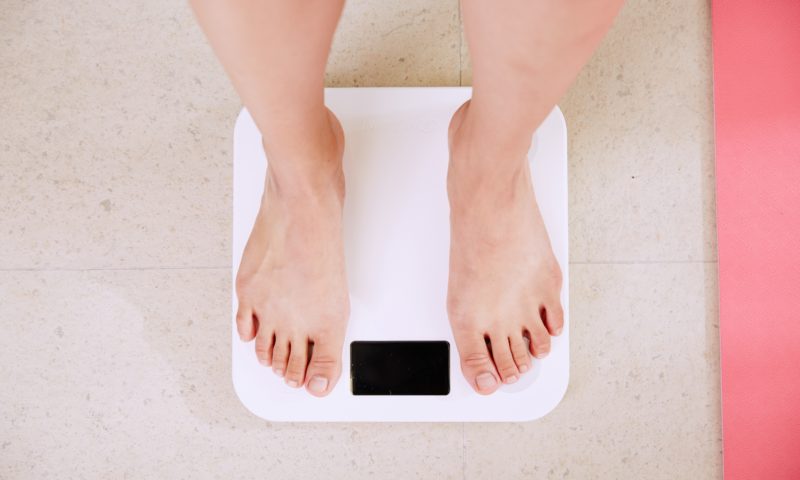Ahh… the scale. It’s both a helpful too and a sometimes painful trademark of weight-loss, all rolled up into one. If you’re actively trying to lose weight or work fervently to maintain it, you’ve probably asked yourself the question, “How often should I check the scale, anyway?”
Well, you’re not alone — experts have debated this topic for decades. Some boast of the incredible accountability that comes from day-to-day weigh-ins while others cautiously recommend a frequency of once a week or twice a month. The question holds up: is there a magic number?
How Do You View the Scale?
Instead of outwardly seeking some sage advice for scale-checking frequency, perhaps we should look inward, first. To many of us, scales are more than just objects which configure a number representing our gravitational force on this planet. It’s a symbol — an aversion.
Scales give us a roundabout assessment of our health status, automatically catapulting us into Body Mass Index (BMI) categories that can seem scary at times. So, perhaps how often you weigh-in on the scale should depend on your unique goals, challenges and mental filters.
Which Scenario are You?
Finds Comfort in Daily Weigh-ins
If you find comfort in being held accountable daily for your actions and behaviors, daily weigh-ins might be right up your alley. Seeing a number every day can help you keep it in plain sight, allowing you to focus on small behaviors that add up.
Many people report that stepping on the scale each morning gives them renewed motivation and clarity for the day ahead — reminding them of how important it is to exercise, eat nourishing foods and practice self-care for the mind and body.
If daily reminders help you, remember to check the scale at the same time each day. Experts recommend in the morning, after you’ve gone to the bathroom and before you’ve eaten.
Finds Comfort in Weekly, Bi-Monthly Weigh-ins
If the scale gives you extreme anxiety, checking it daily might not do you any good. After all, your focus shouldn’t be on the number, but improving your health and quality of life.
Instead, weigh yourself less frequently but enough to keep you on track and mark progress. This strategy also frees you somewhat from the innaccuracies of the scale, including fluctuations in water retention, food intake, etc.
Customize Your Strategy
Remember that not all methods of weight management work for everyone. This should help you build a routine that offers flexibility with not only the scale, but in all ways you approach weight-loss or maintenance — including nutrition, exercise, mindfulness and other tools.






